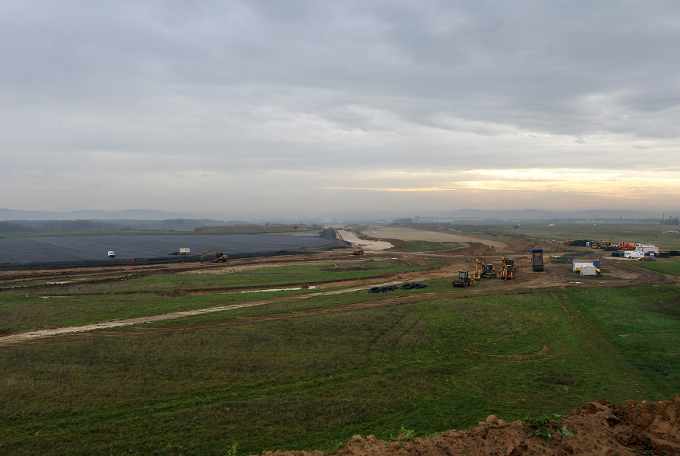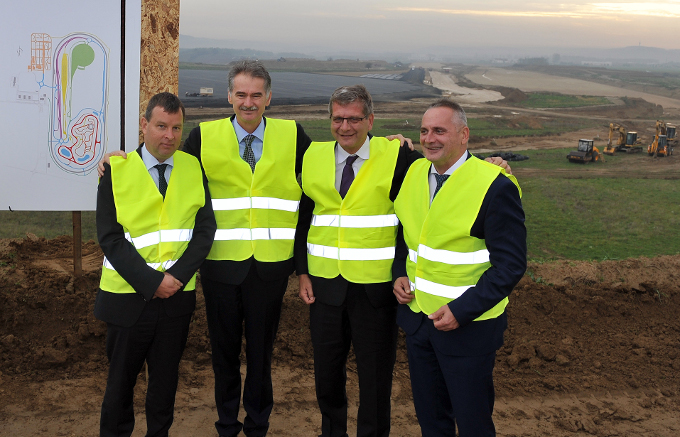2017. November 08.
Universities participating in the EU project will use the funding to train future professionals - BME to launch several new master programmes within the project.
“We are ambitious, we have set grandiose goals with internationalisation in our focus”, said the rector of Budapest University of Technology and Economics in Zalaegerszeg at the opening event of the projects aimed at the research into autonomous vehicle systems using the local test track, as well as the development of talent management and the training of new researchers. János Józsa added: within the projects with a HUF 3.2 billion EU funding, BME will launch its English-language Autonomous Vehicle Control Engineer masters programme in February 2018, which will help Hungary break away from the “assembly plant” image. From September 2019 the Vehicle Engineer BProf programme will also be available, training excellent service and operation professionals who do not necessarily become developers.

The rector was also hopeful about the new publication opportunities created by the projects, helping candidates to obtain their PhD and Doctor of the Academy titles on the way to becoming members of the Academy of Sciences. He noted that “at the Academy’s level it is permanently expected of engineer-scientists to help the public understand the importance of such new types of development”.
|
The foundation works of the first building of the Zalaegerszeg test track were inspected by Minister of State for Education László Palkovics, who also attended the project launch, as well as the rectors of the participating universities and Minister of Human Capacities Zoltán Balog. As the minister explained at the site, the electric and self-driving vehicle testing complex is an important facility not only for Zalaegerszeg, but the entire country. In Zoltán Balog’s view the fact that the test track, which is affiliated with the automotive industry as one of Hungary’s leading industries, will be developed and operated in Hungary, represents a new level in the country’s industrial development and industrial strategy.
|
BME was also represented at the launch event by Chancellor Gyula Barta-Eke and Deans László Jakab (Faculty of Electrical Engineering and Informatics) and István Varga (Faculty of Transportation Engineering and Vehicle Engineering).
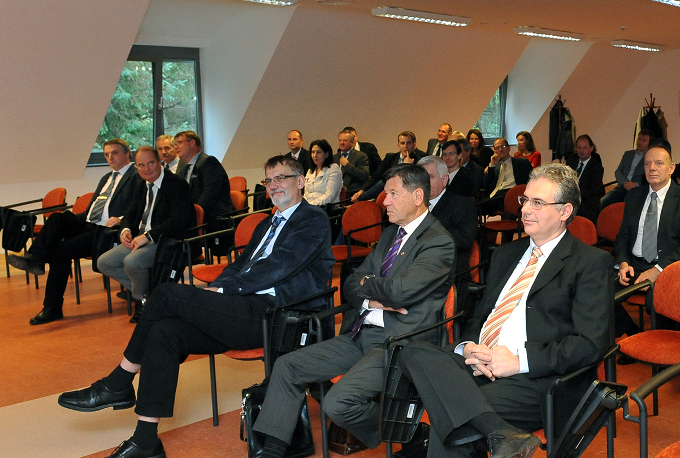
“A major investment can only be successful if its activities are understood and supported by professionals, such as mathematicians, engineers and IT experts”, stressed the Minister of State for Education in his project launch speech. László Palkovics added that the research activities within the Human Resource Development Operational Programme (HRDOP) are focused on testing: among them primarily measure 3.6.2, which involves the testing processes of vehicle technologies (autonomous vehicles, e-mobility) related to the proving ground to be built in Zalaegerszeg, where simulation, laboratory testing and public road testing will be carried out. The HUF 40 billion construction project of the test track for testing and developing autonomous and electric vehicles in the Zala county seat is progressing well, emphasised the government commissioner responsible for the test track.
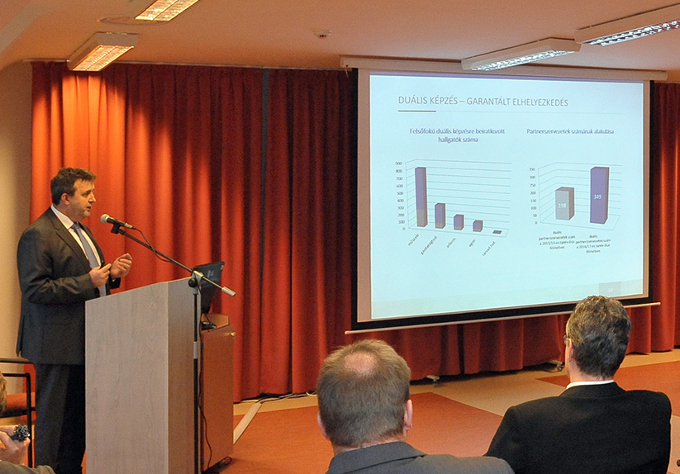
|
The Zalaegerszeg test track will be built over 3 years. The first phase will be completed by the autumn of 2018, including the construction of a 2,000 square metre service building. Next to it a 2,200 sqm reception facility is planned, the construction of which is already under way. A 300-metre diameter skid pad has also been completed with a 10-centimetre thick asphalt layer on an 80-centimetre gravel base, with two additional tarmac layers added on top. The test track will also include a SMART City zone, simulating a city with railway crossing, bicycle roads, road bumps, etc. as well as a smaller section for university developments. Phase 1 of the project also includes the construction of a so-called handling course.
|
BME’s Faculty of Transportation Engineering and Vehicle Engineering is involved in both EU projects. The faculty’s Dean, István Varga told bme.hu at the project launch event that talent management and the training of future professionals are considered as a priority by the institution, therefore the target group of these projects are the students. “One of the projects is aimed at guiding undergraduate and doctoral students in the area of autonomous vehicle control, helping them to write and defend their dissertations, while encouraging lecturers to include this subject among the thesis topics, giving them the role of supervisor. The second project is different from the first in using our Zalaegerszeg site to participate in the convergence region programme. Our plan is to establish information networks (knowledge transfer) between the partner universities of the consortium in the various specialties, in this case in the training of vehicle test engineers in order to transfer the accumulated knowledge and train such professionals”, explained the Dean.
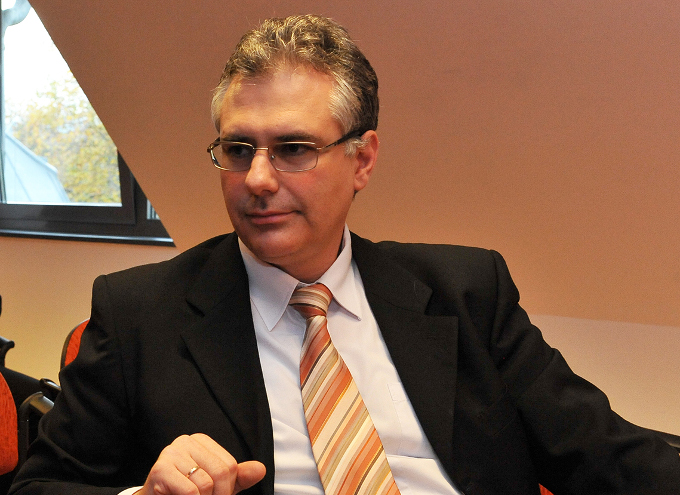
|
In the HRDOP-3.6.2 project to be implemented between 1 June 2017 and 30 September 2020, the consortium leader Budapest University of Technology and Economics, together with Pannon University and Széchenyi István University as its partners will develop joint research processes to enable deeper integration into the international research area. The project’s other priority goal is to improve the R&D capabilities of the institutions by developing human resources and services required for research, as well as strengthening cooperation with the economic sector in order to facilitate the utilisation of research output and the long-term financing of research activities. The financing is close to HUF 1.5 billion.
In the HRDOP-3.6.3 project to be implemented between 1 June 2017 and 30 November 2021, the consortium leader Budapest University of Technology and Economics, together with Eötvös Loránd University and Széchenyi István University as its partners will set out to increase researcher staff sizes by training new researchers, encouraging international, inter-sectoral and sectoral researcher mobility, further developing the talent management programmes of the consortium partners, as well as helping their integration into the European Higher Education Area, to be more precise, improving the performance of and access to Hungary’s higher education system by supporting the training of new professionals in technical sciences, natural sciences and mathematics, primarily in the field of vehicle control. The financing is close to HUF 1.8 billion. The scientific directors of the two EU projects are Péter Gáspár DSc, university professor and head of the Department of Control for Transportation and Vehicle Systems at the Faculty of Transportation Engineering and Vehicle Engineering and Viktor Tihanyi, senior lecturer at the Department of Automotive Technologies of the Faculty of Transportation Engineering and Vehicle Engineering. |
When talking about the importance of autonomous vehicles, the faculty’s dean emphasised that in the past 15 years the development of such vehicles and the research of autonomous functions has intensified. The advantage of autonomous cars lies in their safety and economic efficiency, while they are also comfortable, because the time that would be spent on driving can now be used for relaxing and resting. In his view they will not create problems in the labour market, because although their wider use may reduce the need for drivers in the transport of goods or people, there will be a much greater demand for engineers who develop the software for vehicles which also communicate with each other. There will be 100% autonomous vehicles made, the question is how the law and society will respond to this change, stressed István Varga.
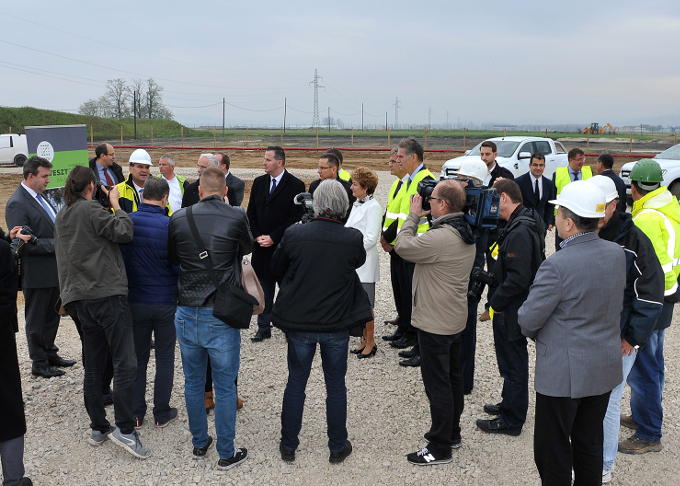
GI - BK
Photo: János Philip



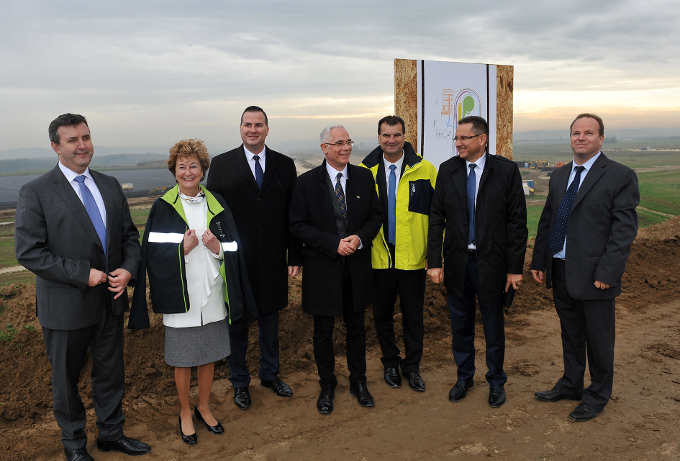
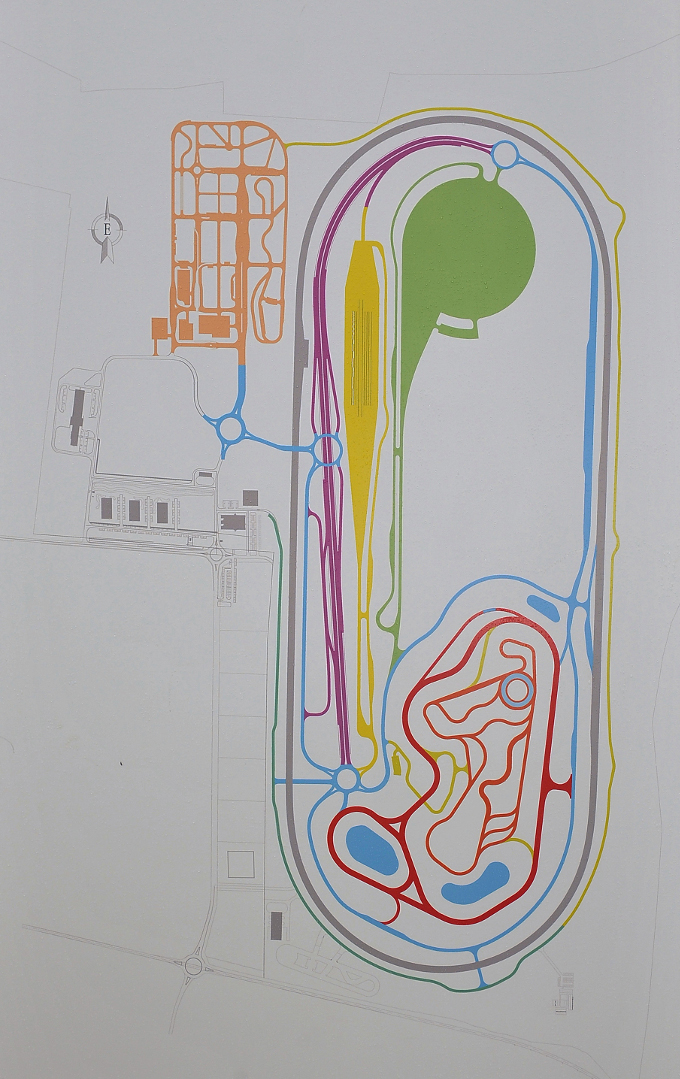 One of the milestones in developing the test track concept was the establishment of RECAR (Research Centre for Autonomous Road Vehicles) in September 2015 at BME’s Faculty of Transportation Engineering and Vehicle Engineering. The centre’s partners include other BME faculties, ELTE University, the Institute for Computer Science and Control of the Hungarian Academy of Sciences, as well as two industrial partners, Knorr-Bremse and Bosch. (Editor note: BME’s key role in the development of the test track was highlighted in our
One of the milestones in developing the test track concept was the establishment of RECAR (Research Centre for Autonomous Road Vehicles) in September 2015 at BME’s Faculty of Transportation Engineering and Vehicle Engineering. The centre’s partners include other BME faculties, ELTE University, the Institute for Computer Science and Control of the Hungarian Academy of Sciences, as well as two industrial partners, Knorr-Bremse and Bosch. (Editor note: BME’s key role in the development of the test track was highlighted in our 